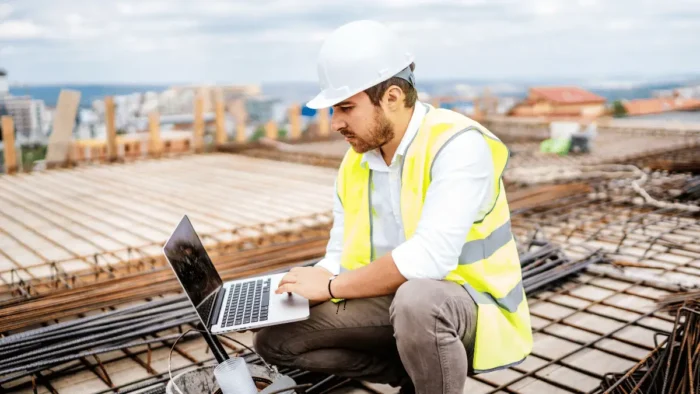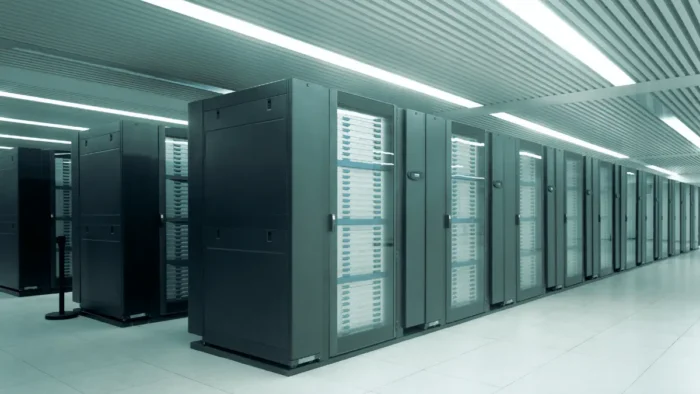Construction sites are the epitome of controlled chaos because of the exposed materials, changing weather, and tireless efforts of workers braving the elements. In the middle of this orchestrated chaos, the site manager turns to a lesser-known hero in the battle against nature: portable heating and cooling or HVAC units. These unacknowledged champions offer vital stability that a traditional on-site HVAC infrastructure can’t match. They often become the linchpin in maintaining ideal temperatures for work efficiency, material integrity, and workforce safety.
In this piece, we’ll explore the multiple practical implications and advantages of portable heating and cooling units for discerning construction teams.
Flexibility in Rental Solutions
Regarding construction projects, each site presents a unique puzzle of spatial requirements, layout design, and resource management. With their fixed positions and cumbersome form, traditional HVAC installations often need to do more to accommodate this fluidity; this is where portable heating and cooling units shine. The flexible deployment and renting choices that these units provide allow them to adapt to the different phases of the project as well as the present space constraints.
Whether you choose temporary portable heaters for rent at Total Construction Rentals or a portable cooling unit from another provider, the key takeaway is the versatility and quick adaptability these units bring. They negate the need for a permanent installation, which, in the case of temporary sites or those in transition, can be nothing short of a logistical nightmare, making on-demand climate control an easily accessible solution tailored to the specific needs of each site.
Maintaining Construction Material Integrity
Beyond just providing comfort for the site crew, controlling the ambient temperature is instrumental in preserving the integrity of construction materials. Extremes in weather, particularly temperature, can adversely affect critical building components. Concrete curing and adhesives set faster in warmer conditions, but heat accelerates the water content’s evaporation, potentially leading to cracking. Conversely, colder temperatures slow the curing process, increasing the risk of early-age freezing and reducing concrete strength development. Portable HVAC units can regulate the temperature, safeguarding work-in-progress from these pitfalls and ensuring structures stand the test of time.
Worker Safety and Comfort
Employee well-being is not something to be trifled with in any industry, but in construction—where harsh work environments are the norm—comfort can be a game-changer. Heat stress can lead to various health issues during summer, ranging from heat rash to heat stroke. Conversely, the bitter winters amplify the risk of hypothermia and frostbite. Portable HVAC units maintain an optimal working temperature, providing a haven for laborers. This working environment boosts morale and productivity and reduces the risk of weather-related illnesses, ensuring the workforce remains healthy and effective throughout the day.

Differences Across Different Construction Zones
Construction projects often unfold across various zones, each with its own set of environmental idiosyncrasies. In the early stages, the workforce in indoor environments might gradually transform into open-air jobs as construction advances.
Portable heating and cooling units are not constrained by climate or location, credulously moving from drywall-packed interiors to open steel structures. Their adaptability ensures a consistent climate that follows every construction crew wherever the project’s trajectory leads, promising a reliable work setting, whatever the conditions. For those fresh out-of-the-box thinking teams working in more unconventional spots, portable HVAC units tailored to specialized industrial or hazardous locations can be a lifesaver, keeping projects running smoothly when traditional solutions just won’t cut it.
Reduced Humidity Levels
Moisture, wildly unexpected or uncontrolled, plays the role of the uninvited guest in a construction project. It can delay painting, flooring, and other finishing touches, not to mention the unsightly impacts it can have on the final aesthetics of a building. Portable cooling units effectively manage humidity levels, which is particularly beneficial in spaces where rapid evaporation of water-based construction materials is integral. They mitigate not only moisture-related delays but also long-term problems like mold prevention and the overall longevity of the build. Moreover, by regulating humidity levels, portable units can also help maintain a more pleasant and healthy work environment for the construction team.
Emergency Preparedness
The unpredictable nature of weather means that even the most carefully scheduled project can be blindsided by an unexpected cold snap or heatwave. Portable HVAC units represent a contingency plan, ready to be used to reduce the impact of these weather anomalies. In providing emergency cooling or heating services, they shield not just the ongoing work but also the already completed portions of the construction, seamlessly forging a safety net against the capriciousness of nature. From construction delays to damage control, these units offer a vital lifeline for any project.
Related: Your Business Emergency Preparedness Checklist
Integrating portable heating and cooling units on construction sites is not merely an added convenience; it’s a strategic decision acknowledging and reducing the risks of unpredictable weather and extreme temperatures. Their role in maintaining material integrity, promoting worker well-being, and contributing to a project’s efficiency is subtle and profound. From high-rise developments in city centers to remote off-grid work camps, the portability and performance of these units have proven indispensable. For construction sites looking to solidify their operations in an increasingly volatile climate, investing in or renting portable HVAC units is a definitive step toward site sustainability and project success.





